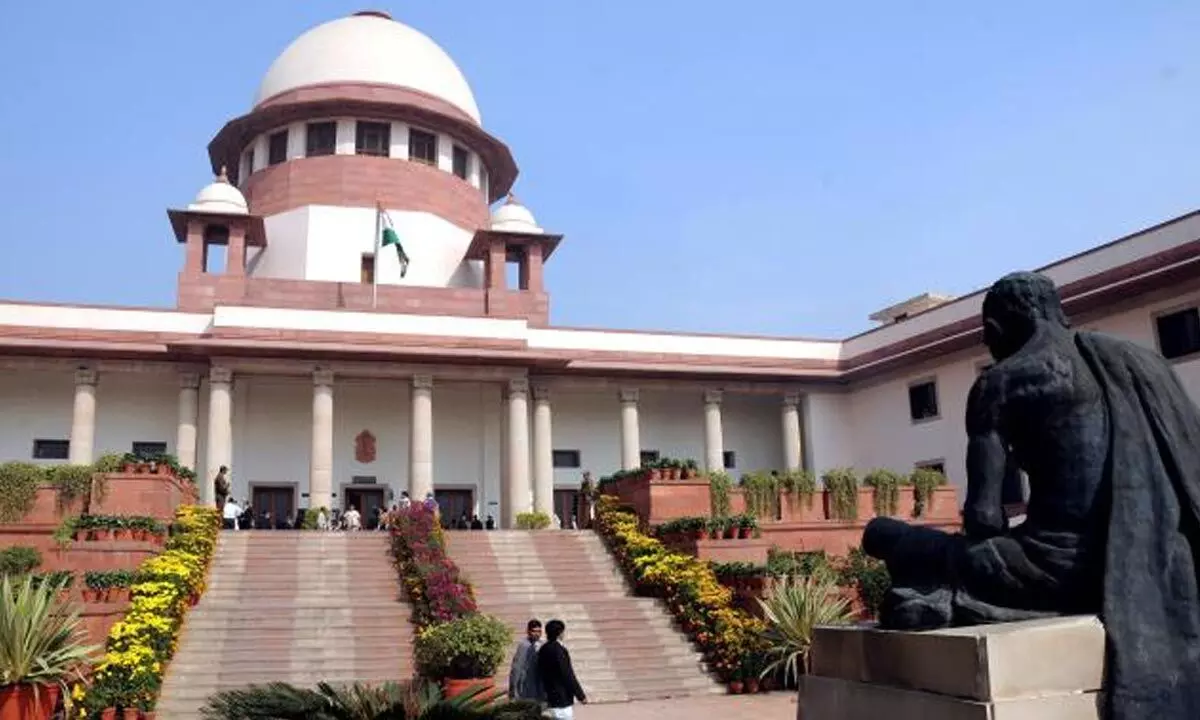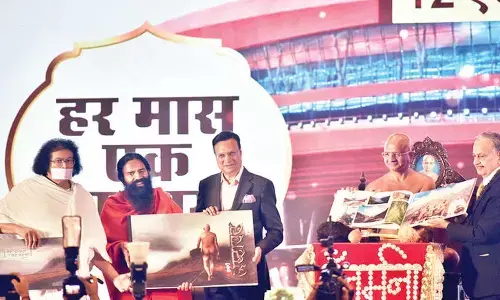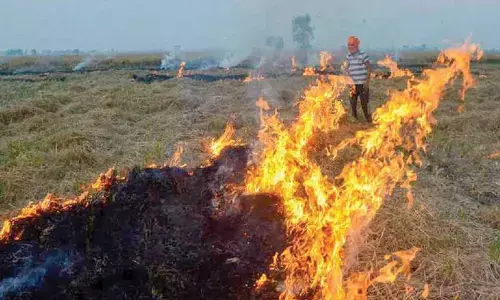Supreme Court: Use of violence not an essential condition to invoke provisions of MCOCA

Supreme Court of India
The Supreme Court has observed that the actual use of violence is not an essential condition to invoke provisions of the Maharashtra Control of Organised Crime Act (MCOCA).
New Delhi: The Supreme Court has observed that the actual use of violence is not an essential condition to invoke provisions of the Maharashtra Control of Organised Crime Act (MCOCA).
A bench comprising Justices Dinesh Maheshwari and Aniruddha Bose said: "Actual use of violence is not always a sine qua non for an activity falling within the mischief of organised crime, when undertaken by an individual singly or jointly as part of organised crime syndicate or on behalf of such syndicate."
The bench added that threat of violence or even intimidation or even coercion would fall within the mischief, and this apart, use of other unlawful means would also fall within the same mischief.
The bench noted that clause (e) of Section 2(1) of MCOCA makes it clear that 'organised crime' means any unlawful activity by an individual singly or jointly, either as a member of organised crime syndicate or on behalf of such syndicate, by use of violence or threat of violence or intimidation or coercion or other unlawful means.
The bench said the suggestions on behalf of the appellant to limit the activity only to the use of violence is obviously incorrect when it omits to mention the wide-ranging activities contemplated by clause (e) of Section 2(1) of MCOCA, i.e., threat or violence or intimidation or coercion or other unlawful means.
The top court made these observations while hearing an appeal challenging the Bombay High Court order, Nagpur bench, which declined to entertain a plea by one Abhishek against invocation of MCOCA against him. Abhishek and others were accused in the alleged kidnapping of a restaurant owner in Nagpur in May 2020. They had sought Rs 20 lakh as ransom.
Abhishek argued that the authorities erred in interpreting the provisions of the special enactment. The police charged the accused under MCOCA as he has been named in multiple such cases of violence.
The top court noted that strict adherence by the authorities to the MCOCA requirements cannot be stretched beyond common sense and practical requirements in terms of the letter and spirit of the statute. It emphasized that the rule of strict construction of a penal statute cannot be applied in an unviable manner, which renders the statute itself nugatory.
However, the top court did not accept the appellant's contention that to attract Section 2(1) (e) which deals with organised crime, use of violence is essential.
The bench noted that all cases against the appellant, either pending or disposed of, involved offences against human body and property, rioting and use of deadly weapons.
"The submissions on behalf of the appellant for consideration of his case because of application of stringent provisions impinging his fundamental rights does not take away the impact of the blameworthy conduct of the appellant," noted the bench.
Dismissing the appeal, the top court said all the contentions urged on behalf of the appellant remain baseless and challenge herein ought to fail.




















